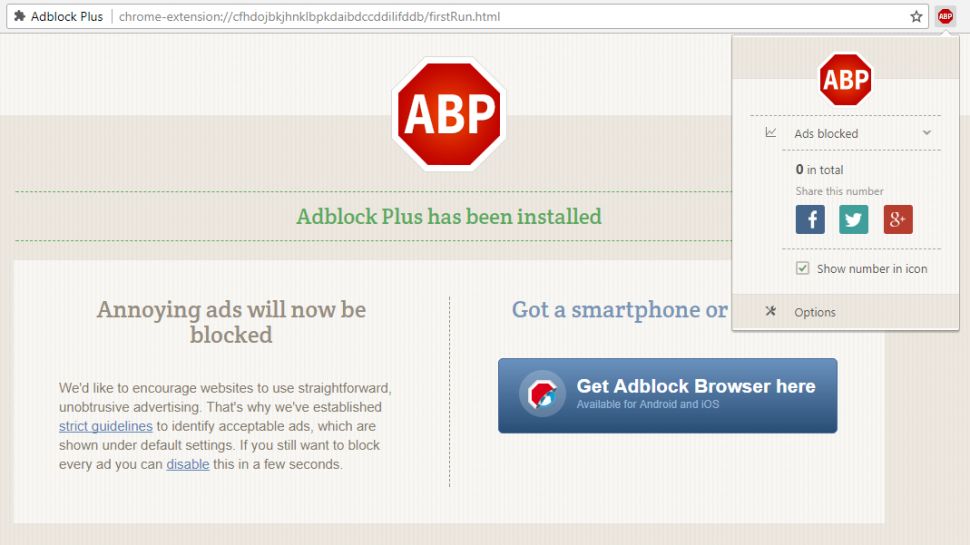Senator Ron Wyden has called for the senate to investigate the ad blocking industry, citing what he calls “unfair, deceptive and anti-competitive practices” in a in a letter to the Federal Trade Commission. Ad blockers are a downloadable software that blocks websites from displaying adverts, which can often include auto-playing videos and pop-up windows. These ad blocking programs are typically free, though some offer premium services for a fee. Alongside best VPN services and best antivirus software, ad blocking is one of the most popular ways to tailor your web-browsing experience and protect yourself online. The most popular ad blocking software is AdBlock Plus, which was used by over 100 million people worldwide in 2016.
So, what’s the problem? Well, as Senator Wyden points out, numerous corporations have been paying ad blocking companies like AdBlock Plus to be whitelisted, allowing their adverts to be displayed even when the ad blocker is active. Numerous major companies have been caught with their hands in the proverbial cookie jar including Microsoft, Google, Amazon, and Verizon Media. What this means is that corporations who can afford to buy their way through the ad block are still getting to advertise their products, while smaller companies who can’t – or won’t – pay AdBlock are being shut off from millions of consumers.
AdBlock Plus originally blocked all adverts but ceased this in 2011 when they started its Acceptable Ads program, which whitelists advertisers if they agree not to use adverts which include pop-ups or other annoying tactics. AdBlock Plus makes almost all its revenue from charging large corporations to join their whitelist.
Is it just AdBlock Plus?
Other ad blocking companies, including AdBlock (not to be confused with AdBlock Plus) now use this whitelist since Eyeo, owners of AdBlock Plus, started selling it in 2015. The acceptable ads feature can be disabled by users, reverting to the old system of blocking all ads, but is activated by default and allows select adverts to be displayed to AdBlock Plus users.
AdBlock Plus does openly state its acceptable ads program on their website, and the whitelist itself is even freely available if you can summon the will to read a 2000+ page list of website URLs. AdBlock Plus also claims that 90% of its acceptable ad licenses are given out for free to smaller entities, only charging large businesses to be added to the whitelist.
Despite this, Senator Wyden is calling for the FTC to investigate the ad blocking industry and calls for more transparency with consumers. He specifies that companies should be forced to “prominently disclose” their whitelist information to new and potential users of their services.
If you're concerned about pop-ups and other invasive experiences on your internet browsing, we have a guide to the best spam filters on our site, and a look at the best internet providers for those looking for a change.

